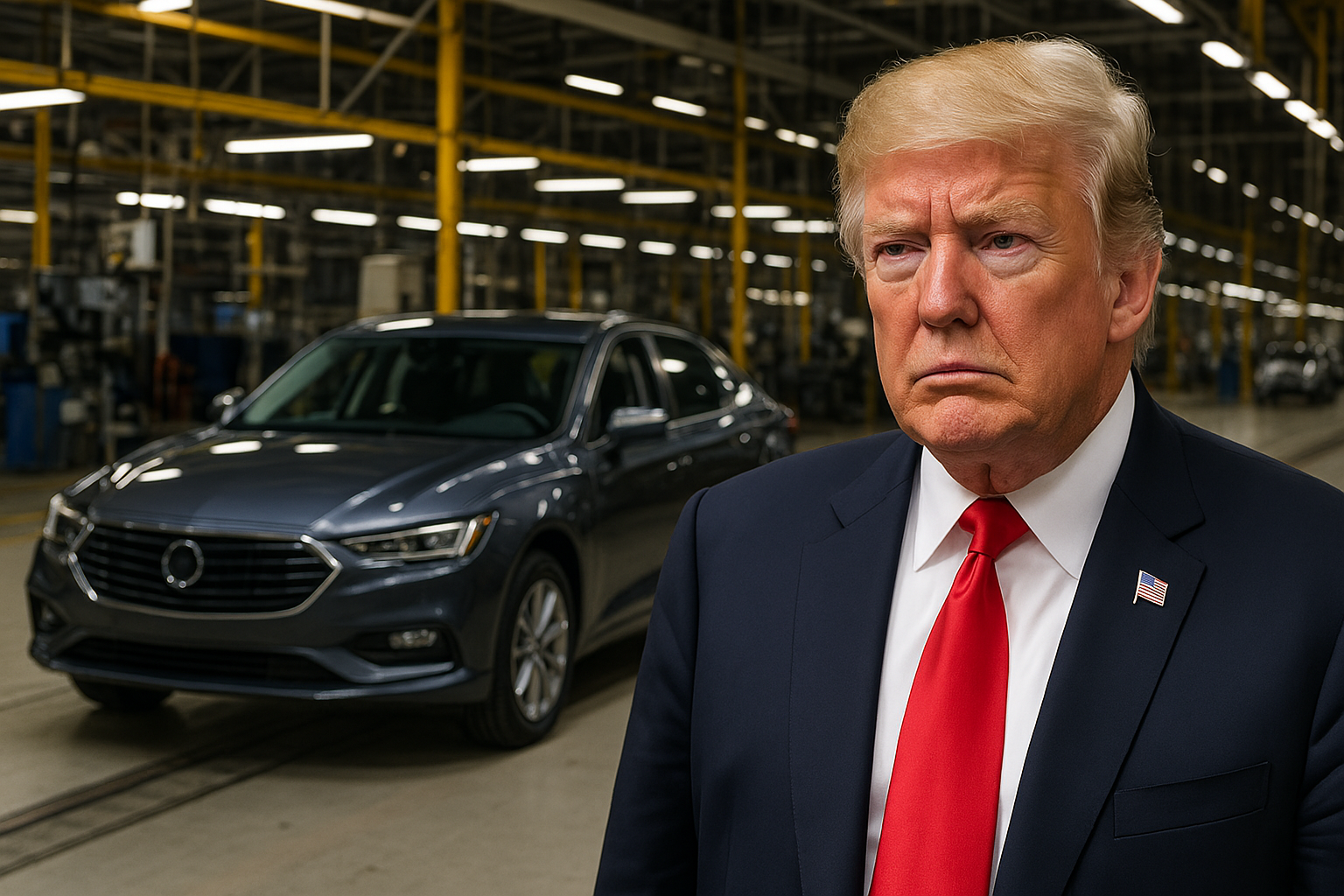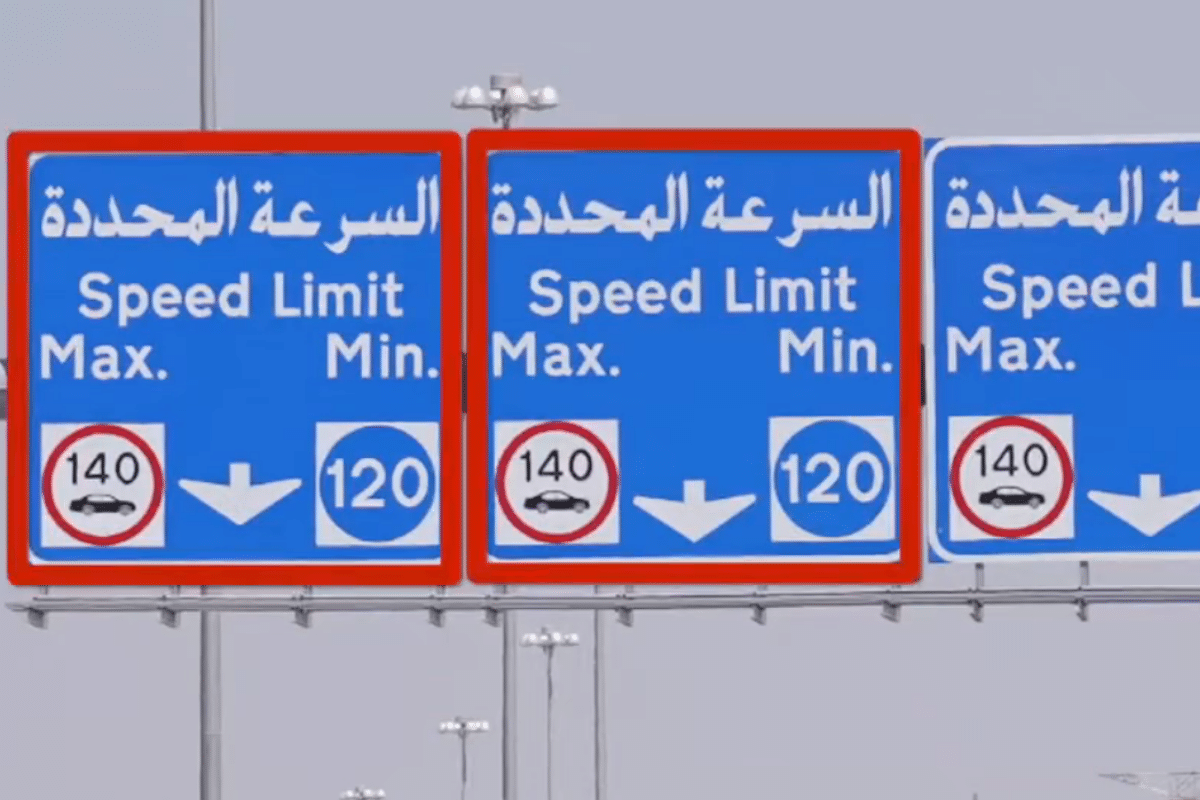
The world's largest auto suppliers, including Magna, are urgently adapting their strategies to cope with new Trump administration tariffs that threaten to raise vehicle prices, disrupt global supply chains and hurt consumers.
Automakers brace for impact of new US tariffs
In March 2025, US President Donald Trump announced a 25% tariff on imported cars and auto parts, raising concerns among major global auto suppliers. The tariffs are expected to increase the cost of each vehicle by thousands of dollars, reducing demand and slowing job growth in the industry.
Many companies, including auto giant Magna International, have had to rethink their strategies to cope with the new economic reality. Magna, with more than 170,000 employees in 28 countries, is larger than many of its major customers, such as Ford, General Motors and Toyota. The company’s executives have acknowledged that much of the extra cost from the tariffs will be passed on to consumers.
The tariffs have also affected global supply chains. Some Chinese companies have begun moving production to Mexico to circumvent U.S. tariffs and take advantage of tariff-free access to the U.S. market under the U.S.-Mexico-Canada Agreement (USMCA). However, the Trump administration views this as a loophole and plans to impose new tariffs to close it, which could disrupt global supply chains.
Local businesses are also feeling the pressure. For example, auto mechanics in Tennessee are warning drivers to get their cars fixed quickly before new tariffs push up the price of parts by 25%. That's expected to significantly increase the cost of car repairs and maintenance for consumers.
Economists warn that tariffs could drive up the prices of cars and other consumer goods, reduce household disposable income and increase inflation. While the Trump administration argues that tariffs are aimed at raising revenues and supporting national security, critics say they could have the opposite effect, hurting American producers and consumers.
Thus, the Trump administration's tariffs are having a significant impact on the auto industry and the economy as a whole, forcing companies to adapt to new conditions and revise their strategies to minimize negative consequences.
Recommended
See all






